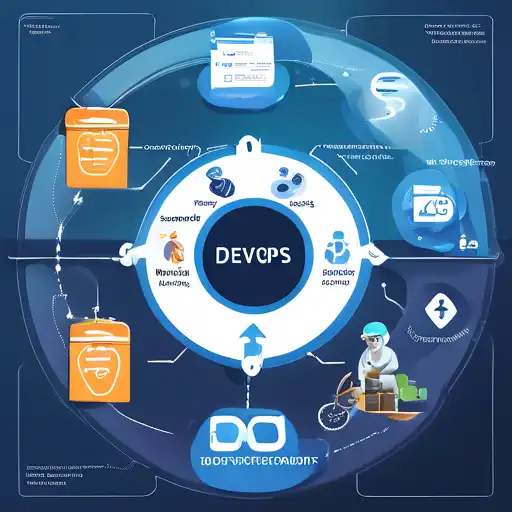Introduction to DevOps in Software Development
DevOps has revolutionized the way software is developed, deployed, and maintained. By bridging the gap between development and operations teams, DevOps practices ensure a smoother, faster, and more efficient software development lifecycle (SDLC). This article explores the myriad ways DevOps enhances the SDLC, from improved collaboration to accelerated deployment cycles.
The Core Benefits of DevOps
DevOps brings several key benefits to the software development process, including but not limited to:
- Improved Collaboration: DevOps fosters a culture of collaboration between developers and operations teams, breaking down silos and enhancing communication.
- Increased Deployment Frequency: With continuous integration and continuous deployment (CI/CD), teams can release updates more frequently and with greater reliability.
- Enhanced Efficiency: Automation of repetitive tasks frees up time for teams to focus on more strategic initiatives.
- Greater Scalability: DevOps practices support scalable infrastructure management, allowing businesses to grow without being hampered by their technology stack.
DevOps Tools and Practices
Implementing DevOps requires a set of tools and practices designed to automate and streamline the SDLC. Some of the most popular DevOps tools include Docker for containerization, Jenkins for CI/CD, and Ansible for automation. These tools, combined with practices like infrastructure as code (IaC) and monitoring, ensure that software development is as efficient as possible.
Real-world Applications of DevOps
Many leading companies have adopted DevOps to improve their software development processes. For example, Amazon and Netflix use DevOps to deploy thousands of code changes daily, ensuring their platforms are always up-to-date and running smoothly. These success stories highlight the transformative potential of DevOps in the software industry.
Conclusion
DevOps is not just a set of practices but a culture that promotes collaboration, efficiency, and continuous improvement in the software development lifecycle. By adopting DevOps, organizations can achieve faster deployment times, improved product quality, and higher customer satisfaction. As the software industry continues to evolve, DevOps will remain a key driver of innovation and efficiency.
For more insights into optimizing your development process, explore our articles on CI/CD pipelines and automation in software development.
